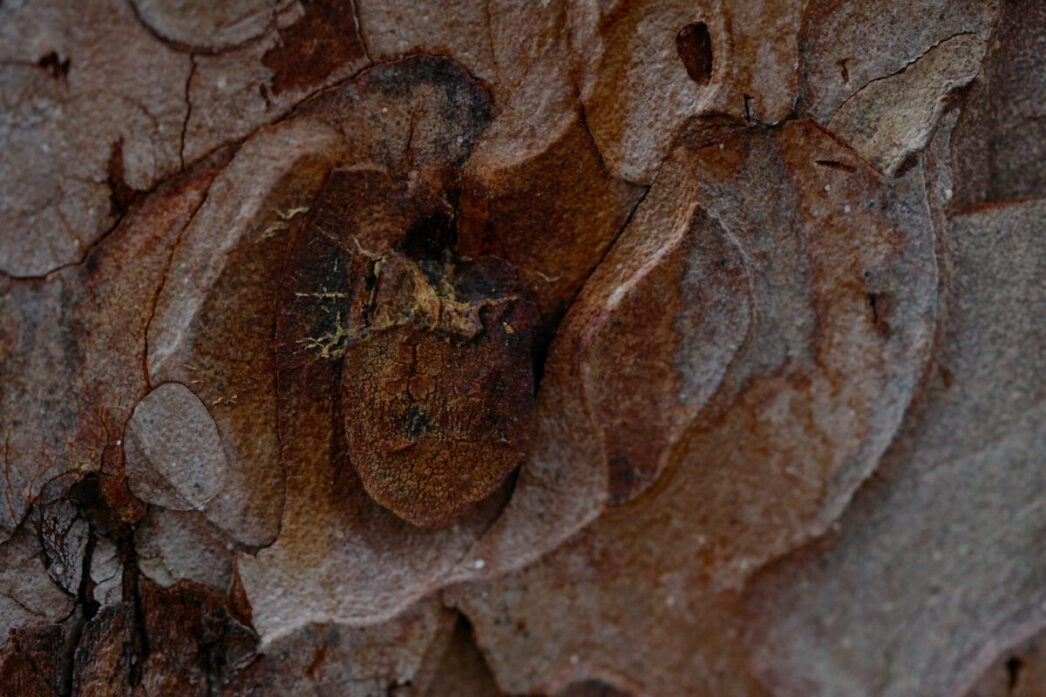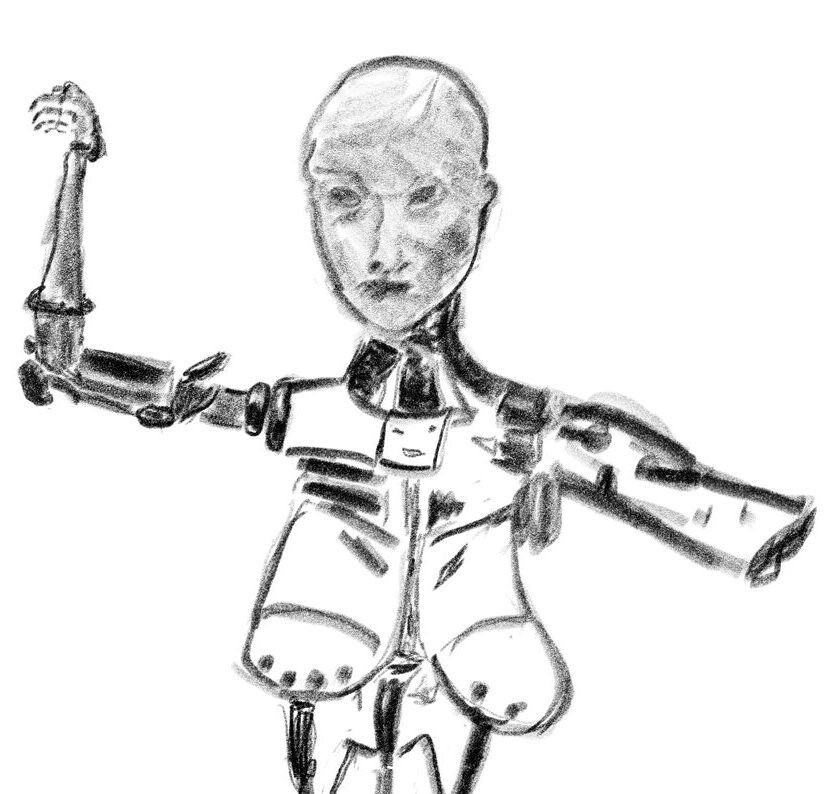Humboldt-Stipendiatin will Früherkennung von Nierenerkrankungen im Speichel messen
Die Humboldt-Stipendiatin aus Brasilien, Dr. Maria Vega, will gemeinsam mit Prof. Stefan Kaskel zur Früherkennung von Nierenerkrankungen, elektrochemische Sensoren entwickeln. Prof Kaskel, Prof. für Anorganische Chemie an der Falkultät Chemie und Lebensmittelchemie der TU Dresden, ist der Gastgeber der Stipendiatin.

Nierenerkrankungen werden oft zu spät erkannt, häufig werden sie nur zufällig durch Harnuntersuchungen entdeckt, da sie zu Beginn der Erkrankung wenig Symptome bereiten. Bei Routineuntersuchungen fallen sie durch Eiweiß oder Blut im Harn auf.
Prof. Kaskel beschäftigt sich vor allem mit der Erforschung von porösen Materialien für die Umwelttechnik und die Energiewende. Dr. Vega möchte diese Materialien und das gut ausgestattete Labor der TU Dresden nutzen, um Harnstoff im Speichel nachweisen zu können. Dazu soll ein spezifisches Material entwickelt werden, das die Menge des Harnstoffes ohne aufwendige Untersuchung im Speichel feststellen kann. Das neu entwickelte Material soll als elektrochemischer Sensor dienen und zusätzlich zur Diagnosestellung auch die Dialyseleistung messen können.

I redad this post fullly on thhe topioc of the compaison off most up-to-date andd prevvious technologies, it’s remarkable article.
Thank you, I’m glad to hear that
I have been exploring for a little for any high-quality articles or blog posts on this kind of area . Exploring in Yahoo I at last stumbled upon this site. Reading this information So i am happy to exhibit that I have an incredibly good uncanny feeling I found out exactly what I needed. I so much indubitably will make sure to do not fail to remember this web site and provides it a look regularly.
That’s nice to hear. I hope I can meet your expectations. Unfortunately, I cannot guarantee completeness, as I run must-know.de on the side.
Fairly certain he will have a good read. Thank you for sharing!
You are welcome and thank you for the compliment.
Thank you for your sharing. I am worried that I lack creative ideas. It is your article that makes me full of hope. Thank you. But, I have a question, can you help me?
How can I help you?